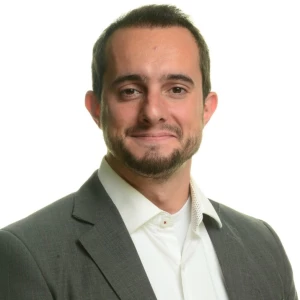Hi guys, its me again :)
I am currently preparing for my next interview round which will take place next Tuesday.
It will be my first time to do the PEI and I am currently preparing for the different questions that they could ask.
What if I do not have a story to some of their questions?
E.g. Entrepreneurial drive: Tell me about a time you pushed the boundaries to do something different or Inclusive leadership: Tell me about a time you influenced a group.
These are just some examples of questions that I would not have an answer to cause I am still super young, unexperienced and the stations in my career went “smooth” so… should I just be honest with them or try to “make something up”?
Thanks in advance!















Got you :) Thanks!
So, I have a story for every of the 4 topics, but I orientated myself on this video: https://www.youtube.com/watch?v=hyWAAuc9-gI&t=208s
Here, McKinsey could ask "different" kind of questions in the topics and that's where I am struggling. So, I might have a story for Personal Impact: Tell me about a time you had a conflict with a manager but I don't have an answer for Personal Impact: Tell me about a time you swayed someone`s mind to act according to your suggestion.
So, that's where I am having difficulties. In this case, would it be ok to say: Hey, look. I have a different example for this topic but I does not fit to your specific question... ?
Cheers :)